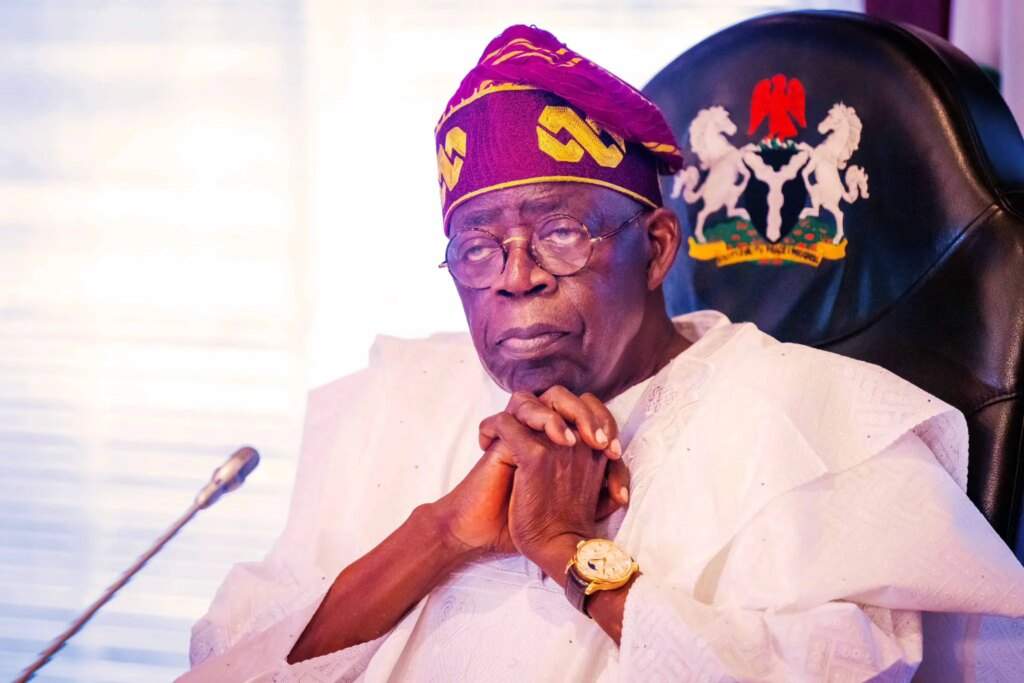President Bola Ahmed Tinubu has remained silent as Nigerians face a 240 per cent increase in electricity tariffs, adding to the already existing hardships in the country. The recent hike in electricity prices has sparked outrage among the populace, with many feeling the burden of increased costs amidst economic challenges.
Despite the Minister of Power, Adebayo Adelabu, defending the tariff hike by stating that 85 per cent of electricity consumers will not be affected and that the Government will save N1.14 trillion in subsidies, various organizations including the Nigeria Labour Congress, Trade Union Congress, Lagos Chambers of Commerce and Industry, and Abuja Chambers of Commerce and Industry have openly criticized the move.
The confusion surrounding the implementation of the new tariff has led to widespread dissatisfaction among electricity consumers, with some Discos wrongly applying the new rates to customers. The Abuja Electricity Distribution Company was fined N200 million by the Nigerian Electricity Regulatory Commission for this error and ordered to refund affected customers.
The fear of arbitrary billing by Discos has further exacerbated the situation, with many Nigerians expressing concerns about bearing the brunt of the new tariff burden. The Federal Competition and Consumer Protection Commission has called on the Government to ensure that all Band A customers are metered within 60 days to prevent unfair billing practices.
Meanwhile, the power supply in Nigeria remains erratic, with frequent national grid collapses, repairs by the Transmission Company of Nigeria, and gas constraints leading to downtime. The recent increase in gas prices has only added to the challenges faced by the country’s power sector, with many Nigerians feeling like they are paying for darkness.
Experts in the energy sector have raised concerns about the impact of the tariff hike on consumers and the economy. Wumi Iledare, a Professor Emeritus in Energy Economics, highlighted that the increase in tariffs seems to prioritize producer surplus over consumer surplus. Chinedu Amah, the CEO of Spark Online, noted that the removal of subsidies could unlock more funds for investment but emphasized the need for a nuanced approach to development in different parts of the country.
As Nigerians continue to grapple with the effects of the electricity tariff hike, there are calls for a reversal of the decision and a more comprehensive approach to addressing the challenges in the power sector. The lack of proper mechanisms in place before the tariff hike has led to widespread confusion and frustration among consumers, with many questioning the motives behind the increase.
In order to improve power supply in Nigeria, experts have called for a holistic approach that addresses issues such as gas constraints, transmission bottlenecks, and the need for widespread metering. The challenges facing the country’s power sector are complex and require a coordinated effort to ensure sustainable and reliable electricity supply for all Nigerians.
